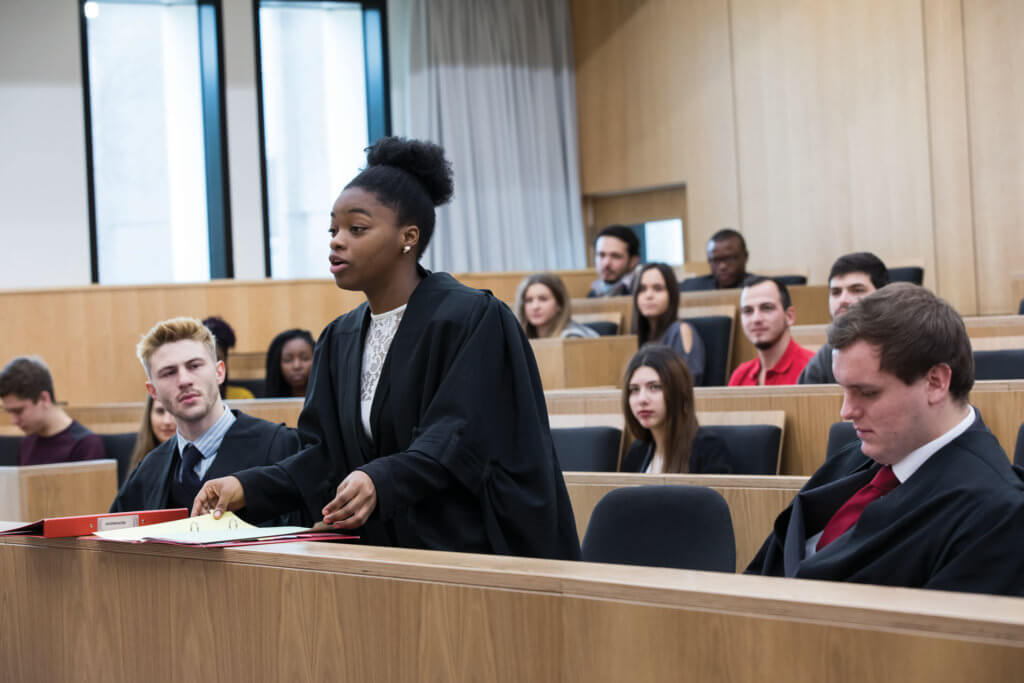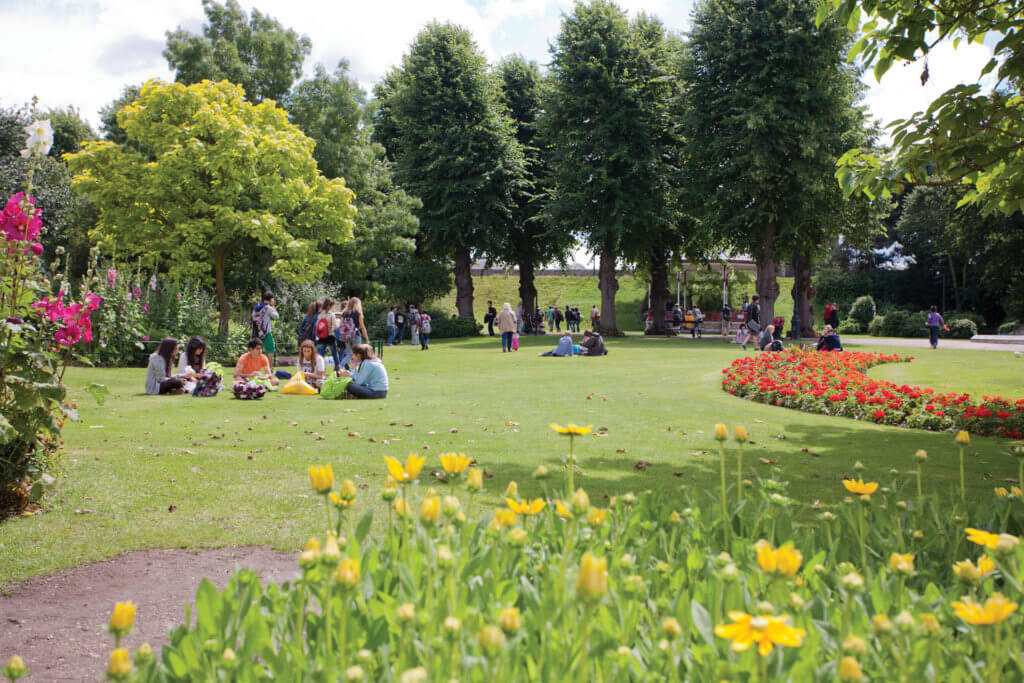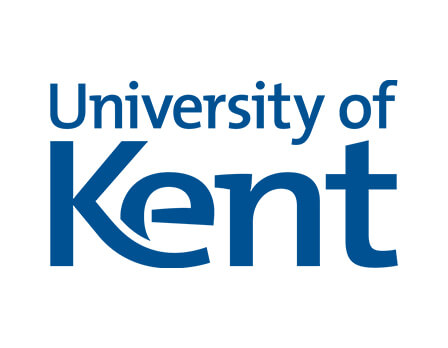Andrina Goussous had always known she wanted to pursue her future studies in the UK. She had visited the country previously on a three-month exchange programme, and fallen in love with the entire experience. So when her school hosted a UK university fair during her final year, she jumped at the chance to explore the host of institutions the country had to offer.
It was there that she discovered the University of Kent. Founded in 1965, the University of Kent has established itself as one of the most prestigious institutions in the UK. It’s consistently ranked within the top 50 UK universities, and has placed within the top 10 for research intensity. This has bled onto the world stage: internationally, the institution has gained a reputation for its excellence in academia and research, and is a first choice for many students submitting their university applications.
Goussous, who had a natural inclination towards business, was impressed by the focused programmes on offer at the university. She applied as soon as she could and flew from her home in Qatar to visit the UK campus before she made her final decision.
Once there, she was enamoured by the picturesque city of Canterbury, where students are surrounded by historic buildings, charming cobbled streets, and beautiful woodlands. This is juxtaposed against the university’s large and modern campus, which is home to six colleges, over 175 clubs and societies, and state-of-the-art facilities.
On top of that, it boasts a vibrant and diverse student community of over 19,000 talented individuals, with 25% of this number deriving from outside of the UK and as many as 164 countries represented. It was this that solidified the University of Kent as the right institution for many like Goussous.
As Goussous did not hold the qualifications needed to enter the first year of a degree programme, she opted for the International Foundation Programme (IFP). For 40 years and counting, the IFP has been the ideal one-year programme for high school leavers who have excellent grades but have not completed a suitable qualification or achieved grades that allow them to apply for direct entry to a UK university.

The University of Kent is offering an International Foundation Programme for academically gifted students who do not have the qualifications to enter a degree programme. Source: University of Kent
Here, IFP students are taught to develop the skills and knowledge they need to thrive in a degree programme, spanning across seminar and group work communication skills, critical analysis, time management, academic writing, and project management. This is interspersed with the flexibility to select modules from their chosen degree subject, from law and international relations to biology and computer science.
“I didn’t realise while I was doing it how useful it would be, but in my first year I realised how much it helped,” shares Norwegian student Mariam Al-Bader who has now graduated from her Biomedical Science BSc. “The maths and statistics skills I learnt have definitely been valuable; we were also taught how to do presentations, another very useful skill. Knowing how to reference and cite sources is something I will need for my dissertation, so you learn a lot that you can use in your studies later.”

As many as 164 countries are represented within the University of Kent’s student body. Source: University of Kent
Nada Garoub, a Saudi Arabian law student at the University of Kent, agrees. “The introduction to university can be stressful – there are a lot of people, some of whom already know each other, with classes and modules that take time to adapt to,” she says. “The IFP gives you all of that, but at a smaller, more manageable scale. It gives you more time to adapt and introduces you to everything you need, and to people who understand what you are going through. Right now, I’m one week into the first year of my degree and I feel less anxious than last year because I have a better understanding of studying at university.”
Outside of classes, students are treated to a multitude of activities and events. “The university offered a variety of events that allowed students of all stages to introduce themselves,” Garoub adds. “This allowed us to find people with the same interests, backgrounds and mentalities – from the Arab Society that invited us to karaoke nights, to the Harry Potter Society who played Quidditch, and more education-related societies that helped with studying. With all this, in addition to classes, it was easy to make a diverse group of friends.”

Students are taught to develop the skills and knowledge they need to thrive in a degree programme. Source: University of Kent
It’s this blend of rigorous academia and a close-knit community that has given students like Goussous, Al-Bader and Garoub the space and confidence to thrive in their further studies. “Now I’m studying online to finish my degree and hoping to start a master’s degree in fashion marketing in London in September,” says Goussous. “Eventually my plan is to set up my own luxury brand of footwear.”
“While the IFP as a programme taught me how to grow as an individual, the IFP as an opportunity gave me a family, and memories I will cherish for years to come,” says Garoub.
Follow the University of Kent on Facebook, Twitter, Instagram, LinkedIn, YouTube, and TikTok











